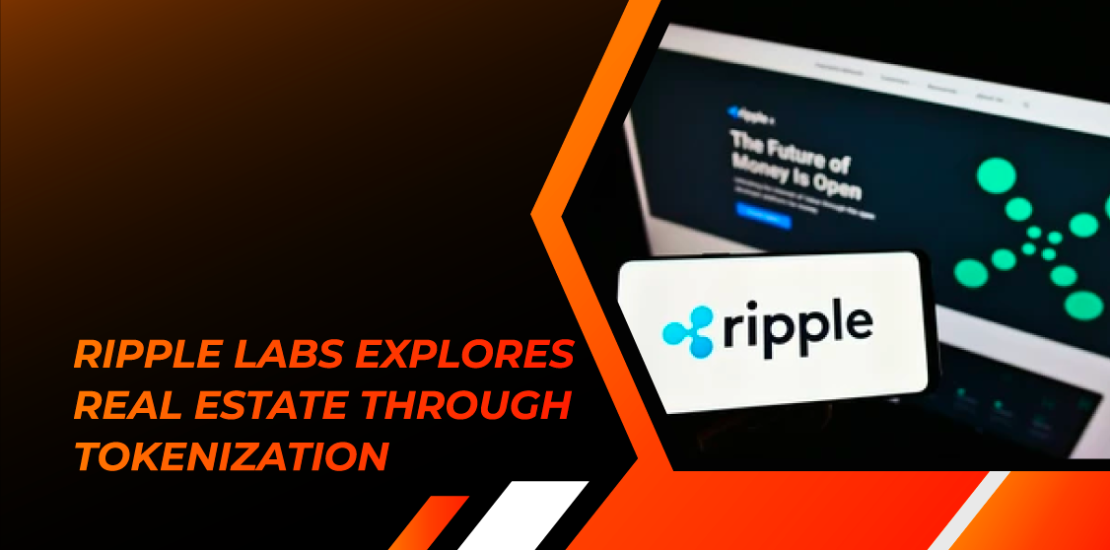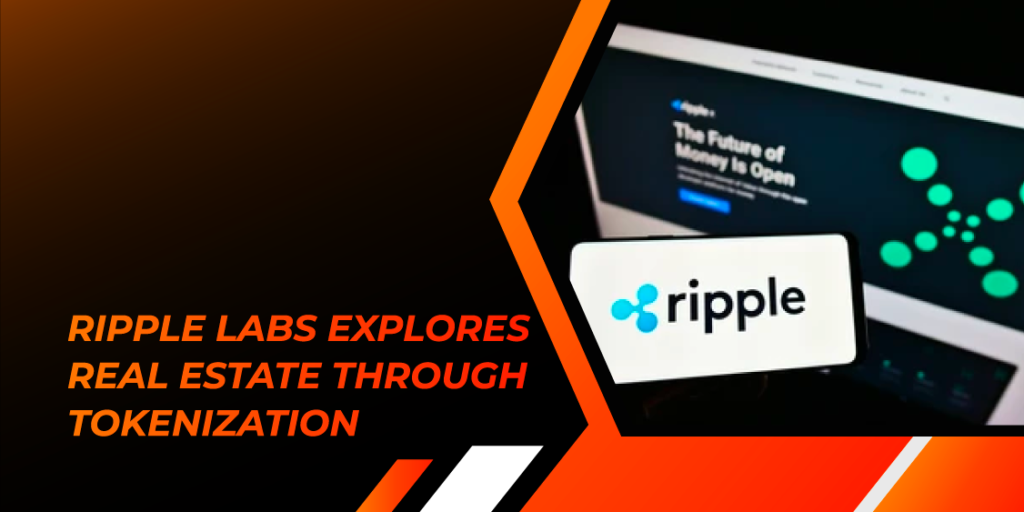- July 11, 2023
- Posted by: [email protected]
- Category:


Ripple Labs, a pioneer in digital payments and blockchain technology, has unveiled an ambitious pilot program that aims to revolutionize the real estate industry through the power of tokenization. By leveraging Ripple’s Central Bank Digital Currency (CBDC) platform, the initiative intends to enable users to tokenize real estate assets and utilize them as collateral for loans.
Antony Welfare, Ripple’s CBDC adviser, highlighted the global interest in CBDCs and stablecoins, emphasizing Ripple’s active exploration of practical applications for these digital currencies, with a specific focus on tokenizing real estate assets. At a fintech conference in Romania, Welfare presented a compelling use case that combines the digital Hong Kong dollar (e-HKD), tokenized real estate, and finance lending protocols.
Ripple’s exploration of real estate asset tokenization, alongside the utilization of blockchain and digital currencies, seeks to address current obstacles within the real estate sector. By transforming tangible assets like real estate, artwork, and intellectual property into secure digital tokens stored on the blockchain, tokenization offers a fascinating concept that has garnered significant interest across various industries.
These tokens represent ownership or stakes in the underlying assets, facilitating buying, selling, and trading on decentralized platforms. The allure of tokenization stems from its potential to revolutionize traditional asset ownership and investment models, promising improved liquidity, a broader market reach, and streamlined transactions.
Blockchain technology amplifies liquidity, accessibility, efficiency, transparency, and security in tokenization, attracting industries and investors to its advantages and potential. As tokenization gains momentum, it is poised to become a prominent trend in the financial and asset management realms, reshaping conventional approaches.
However, the adoption of tokenization may encounter regulatory challenges and necessitate compliance with local laws. Alongside regulatory considerations, ensuring the security of tokenized assets remains a crucial concern that needs to be addressed as the industry evolves.



